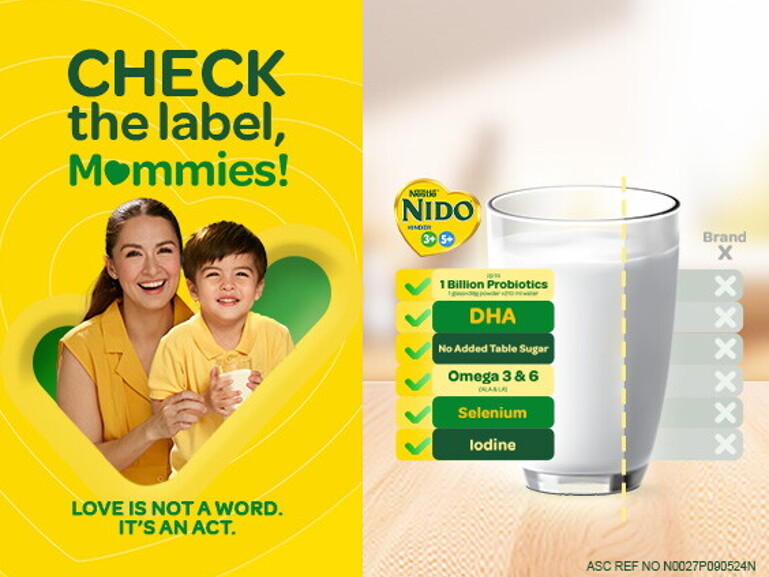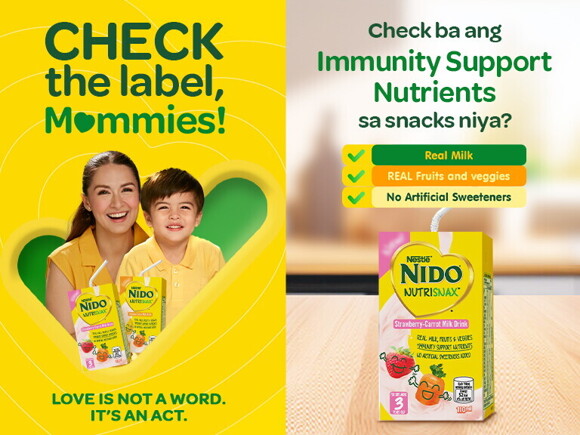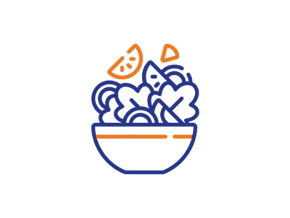Check ba ang brain support nutrients?
References
Wanda G. Webb, 13 - Pediatric Disorders of Language. Neurology for the Speech-Language Pathologist (Sixth Edition), Mosby, 2017, Pages 272-290,ISBN 9780323100274.
Cavines, VS et al. Cereb Cortex. 1996 Sep-Oct;6(5):726-36
Zubler, JM. Et al. PEDIATRICS Volume 149, number 3, March 2022:2021052138
CDC/Sprout Pediatrics, LLC
CDC, 2024. https://www.cdc.gov/child-development/positive- parenting-tips/middle-childhood-6-8-vears.html
CHOC, 2021. https://choc.org/primary-care/ages-stages/6-to-12- years/



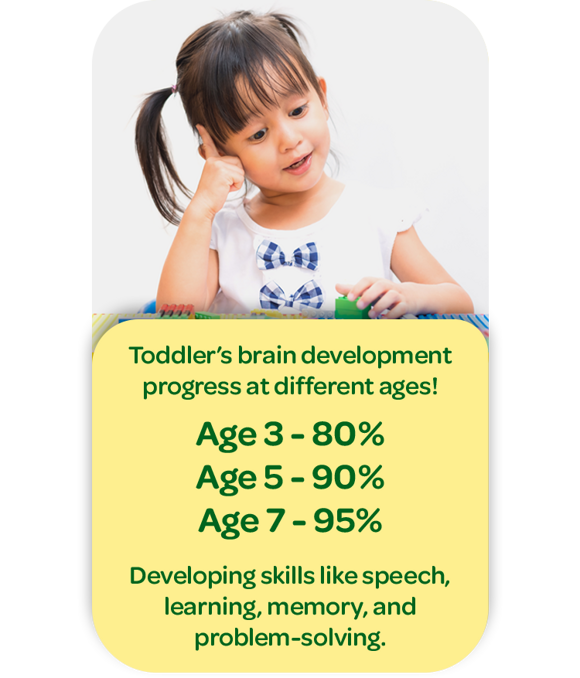
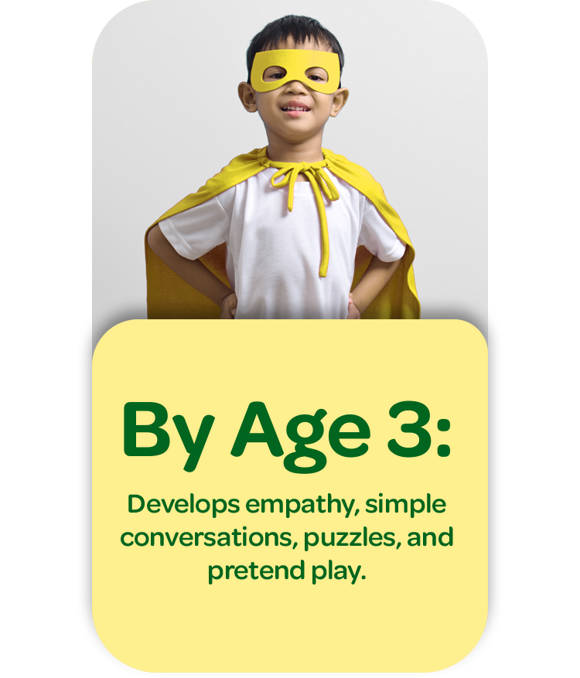
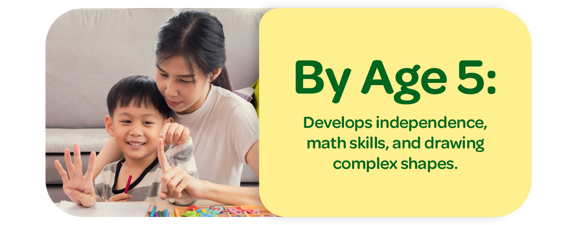
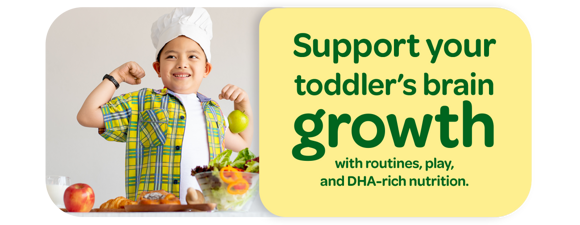
References
Wanda G. Webb, 13 - Pediatric Disorders of Language. Neurology for the Speech-Language Pathologist (Sixth Edition), Mosby, 2017, Pages 272-290,ISBN 9780323100274.
Cavines, VS et al. Cereb Cortex. 1996 Sep-Oct;6(5):726-36
Zubler, JM. Et al. PEDIATRICS Volume 149, number 3, March 2022:2021052138
CDC/Sprout Pediatrics, LLC
CDC, 2024. https://www.cdc.gov/child-development/positive- parenting-tips/middle-childhood-6-8-vears.html
CHOC, 2021. https://choc.org/primary-care/ages-stages/6-to-12- years/
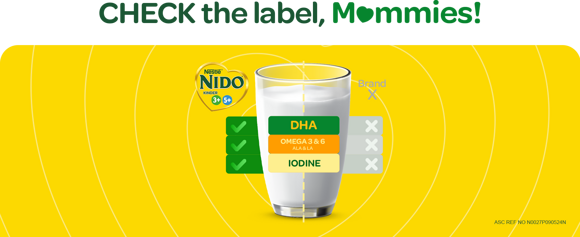

NIDO® 3+ and NIDO® 5+ are packed with brain-boosting nutrients! NIDO® 3+ now has 50% more DHA, and NIDO® 5+ has 38% more DHA (vs. previous formulation). DHA is a key nutrient for brain support. Both also contain Omega 3 (Alpha-Linolenic Acid) to support brain development, along with Iron and Iodine, which may help with brain function and growth.
For more tips on supporting your child’s learning, read the articles below:










